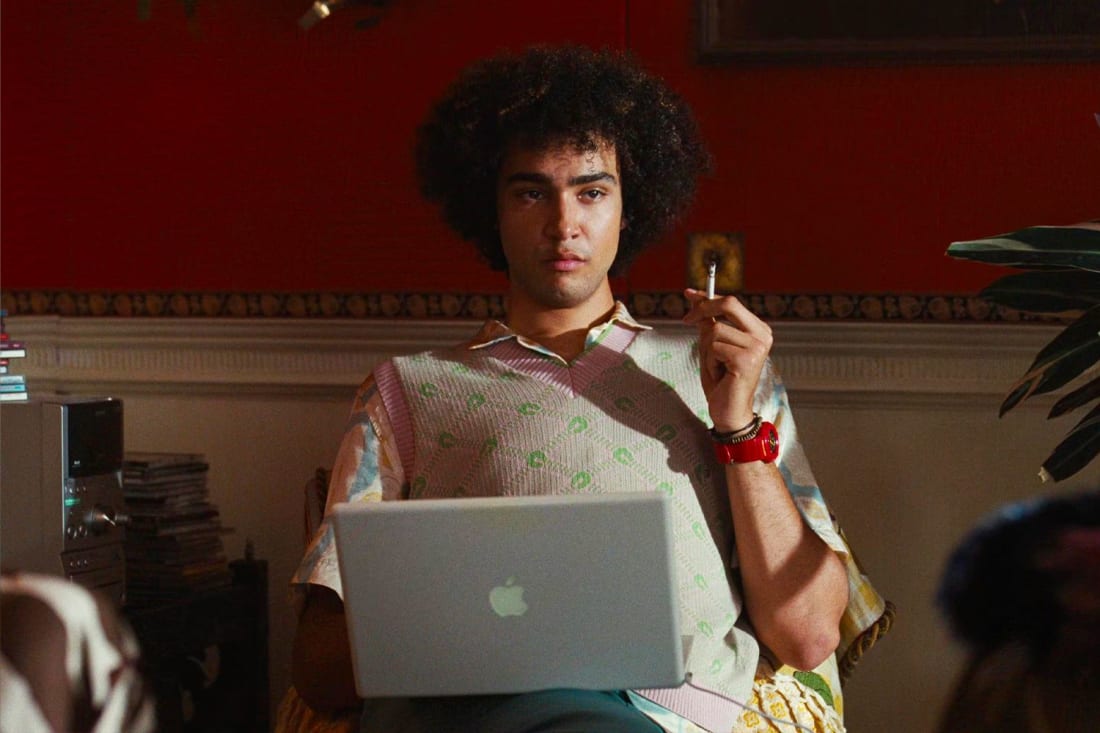Introducing pressure-free all-year resolutions
Too many of us feel too much pressure to instantly become a new person overnight and sustain that change. How about making a radically different promise to ourselves?
Too many of us feel too much pressure to instantly become a new person overnight and sustain that change. How about making a radically different promise to ourselves?
In the past, the way I started the first month of a new year was often very different to how I started the second month. January me was all hopeful and motivated, energised by my multiple New Years’ Resolutions I swore were going to change my whole life. By February, I’d be back to how I was in December: run down, demotivated and mopey, after failing to deliver on almost all of the promises I’d made to myself.
It’s not just me. Research has shown that fewer than 10% of people manage to keep their resolutions after a few months. Before you know it, December rolls around again, and you’re not in a dissimilar place to where you were 12 months ago.
Why is that? “The reason people often fail their New Years’ resolution is because they try to make too big a change too soon,” Dr Audrey Tang, a psychologist specialising in motivation and goal setting, tells woo. “But often, these goals simply don’t fit into our lifestyle, and they become too difficult, and that’s when we give up.”
What tends to happen is, we set unrealistic and often extreme goals that we know we can’t stick to, like saving 90% of our disposable income each month or changing our whole diet overnight. Then, when we inevitably drop the ball, we “throw the baby out with the bath water,” as Dr Tang puts it. Think going slightly over on your budget and choosing to spend your whole paycheck on treating yourself, because we tell ourselves that it’s done now. It’s an all or nothing mentality.
All-year resolutions will help you reach your goals
Over the years I’ve realised that there’s little point trying to change your whole life overnight. Instead, it’s better to think much more long term. Think all-year resolutions, not new year resolutions.
Instead of trying to be a completely different person straight off the bat, try thinking about where you want to be by this time next year and working backwards from there.
So, where do you want to be by January 1, 2025? Do you want to have secured a mortgage, or at least be on your way to doing so? Maybe you want to be settled in a new city or country, or have completed a marathon or become the type of person who treats exercise as a lifestyle choice rather than a chore. Whatever it is, think about it and write it down.
Start small, build up
Then, the hard part: how are you going to get there? It’s simple. Set yourself some realistic and achievable, short-term goals that will put you on the path of reaching your long-term goal. Saving for a deposit? Try saving an extra 10% out of your paycheck per month, or cutting down on small spending habits such as eating out or getting unnecessary Ubers. If you want to get fit, try setting yourself some realistic targets, like adding in two extra workouts a week and building up to five over the course of a couple of months.
Expecting yourself to go from zero to a hundred overnight – and hating yourself when you aren’t able to – is denying yourself the compassion needed to really make any concrete life changes. “It’s the same as planting a seed and yelling at that seed to grow,” says Dr Tang. “That isn’t going to make it grow, it needs to be nurtured and watered in the right way and then it will blossom. We can’t be impatient with ourselves, and we need to be honest about what is realistic and achievable for us right now.”
Starting small and building up is also more likely to be conducive to remaining consistent. “What we're talking about is managing change,” says Dr Tang. “Given that we've had the majority of our lives living in one particular mindset, it isn’t easy to suddenly change it – the body and brain are going to resist. So, building gradually towards a goal is a much healthier way to do it, and it’s also those little changes that turn you into the person who ran the marathon or bought a house.”
Not to mention, thinking long-term allows for flexibility, which is vital if you want to stay consistent. If you know you want to have X amount of money in your bank account by January next year, you can be a little more flexible about how and when you spend (or save) your money, instead of sticking to a strict amount each month. That means you’ll learn to allow for little splurges here and there instead of seeing them as a slip up.
Just don’t let your long-term goal feel so far away that you don’t bother to work for it at all. “It’s important to start making those changes as soon as possible,” Dr Tang says. With that in mind, it's a good idea to set some medium-term goals, too. Where do you want to be in three months’ time? Or six?
Don’t be so attached to your goal that you lose sight of the present
At the end of the day, though, it’s important not to put too much pressure on yourself when it comes to achieving a goal. As they say, people plan and the universe laughs. Don’t place so much emotional importance on something that may or may not ever happen. Instead, find joy in acting with integrity and honouring the promise you’ve made to yourself. That’s not to say you have to enjoy every single 5K run or smile when you miss out on plans with your friends because you’re trying to save money, but find pleasure in knowing that, by making those choices, you’re doing right not just by future you, but current you.
And if it doesn’t feel right? No one is holding a gun to your head. Maybe you realise there’s a different goal you want to strive for, or you want to spend some time living in the moment. That’s absolutely fine – you don’t have to stick to something just because you said you would.
And, remember, happiness isn’t something you achieve. As Dr Tang notes: “Often when we make big goals, we attach happiness to them – we tell ourselves we’ll be happy when we’ve achieved X, Y or Z. But when we do that, we’ve already failed. Happiness is not a goal, it's a feeling. We can choose to be happy at any point in time, and we don't need to rely on something external to get there.”



